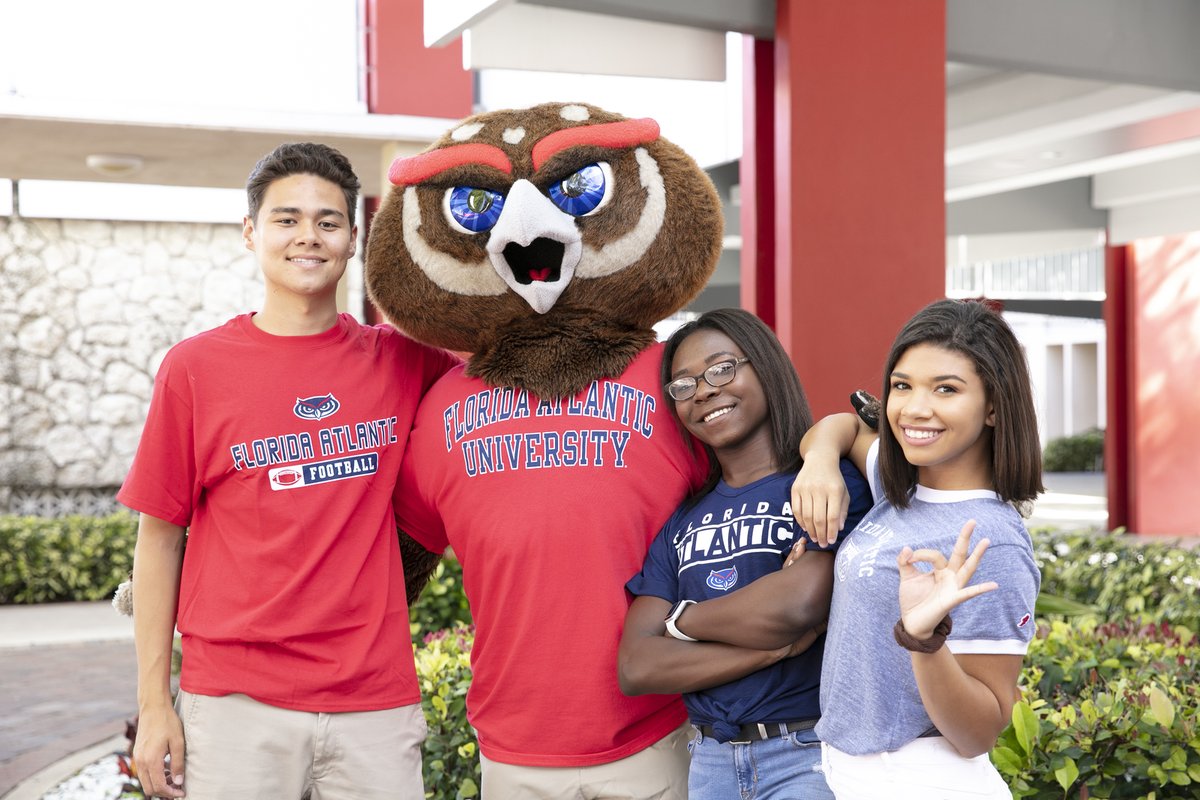Results & Resources
Learn how Mentor Collective makes an impact with scalable peer mentorship and real-time insights.
Sense of Belonging
Improvement in affirmative responses for mentorship pairings that have at least 3 conversations
Retention
Average increase in percentage points across 784 students
Melt
Average decrease in propensity to melt across 2,520 students
Student Success Through Proven Peer Insights
See how Mentor Collective captures actionable data from relevant student relationships
Configurable Design
Actionable Insights
Student-Driven Experience
Comprehensive Assessment















